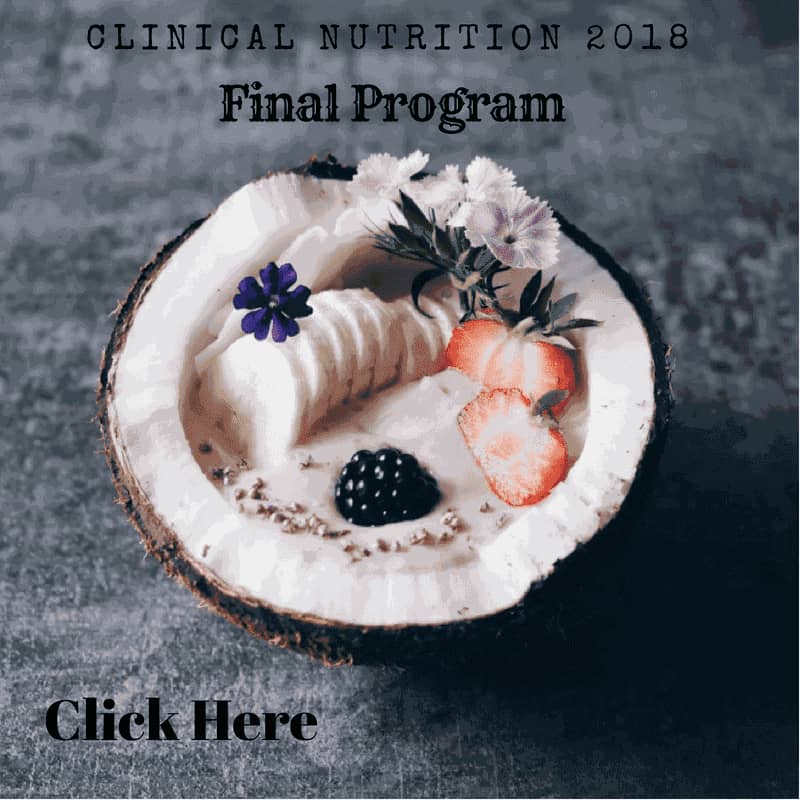Erika Meroni
University of Milan, Italy
Title: Metabolic responses in endothelial cells following exposure to ketone bodies
Biography
Biography: Erika Meroni
Abstract
The ketogenic diet (KD) is a high-fat, low-carbohydrate diet based on the induction of the synthesis of ketone bodies (KB). Despite its multiple applications, the impact of KD on the human body is not completely understood. The purpose of this study was to evaluate in vitro the biological effects of KB on HMEC-1 endothelial cells. The exposure of cells to KB exerted a moderate genotoxic effect, measured by a significant increase in DNA oxidative damage (p<0.001) that was not related to the duration of exposure (2–48 h). To investigate the ability of KB to modulate DNA susceptibility to oxidative stress, we exposed cells to a secondary oxidative insult (H2O2) after KB supplementation. Surprisingly, cells treated with KB for 48 h showed significantly less DNA damage compared to control oxidized cells. One possible mechanism by which this protection might occur is through the activation of the Nrf2 pathway. In KB-treated cells, we found increased levels of Nrf2 in nuclear extracts and higher gene expression of HO-1, a target gene of Nrf2, compared to control cells. These results suggest that KB induce moderate oxidative stress, which activates the transcription factor Nrf2 and induces the transcription of target genes involved in the cellular antioxidant defense system. Consequently, in endothelial cells, the metabolic responses to KB-induced stress via Nrf2 pathway activation makes cells more resistant to a secondary insult, in this case H2O2, leading to a reduction in DNA oxidative damage.

